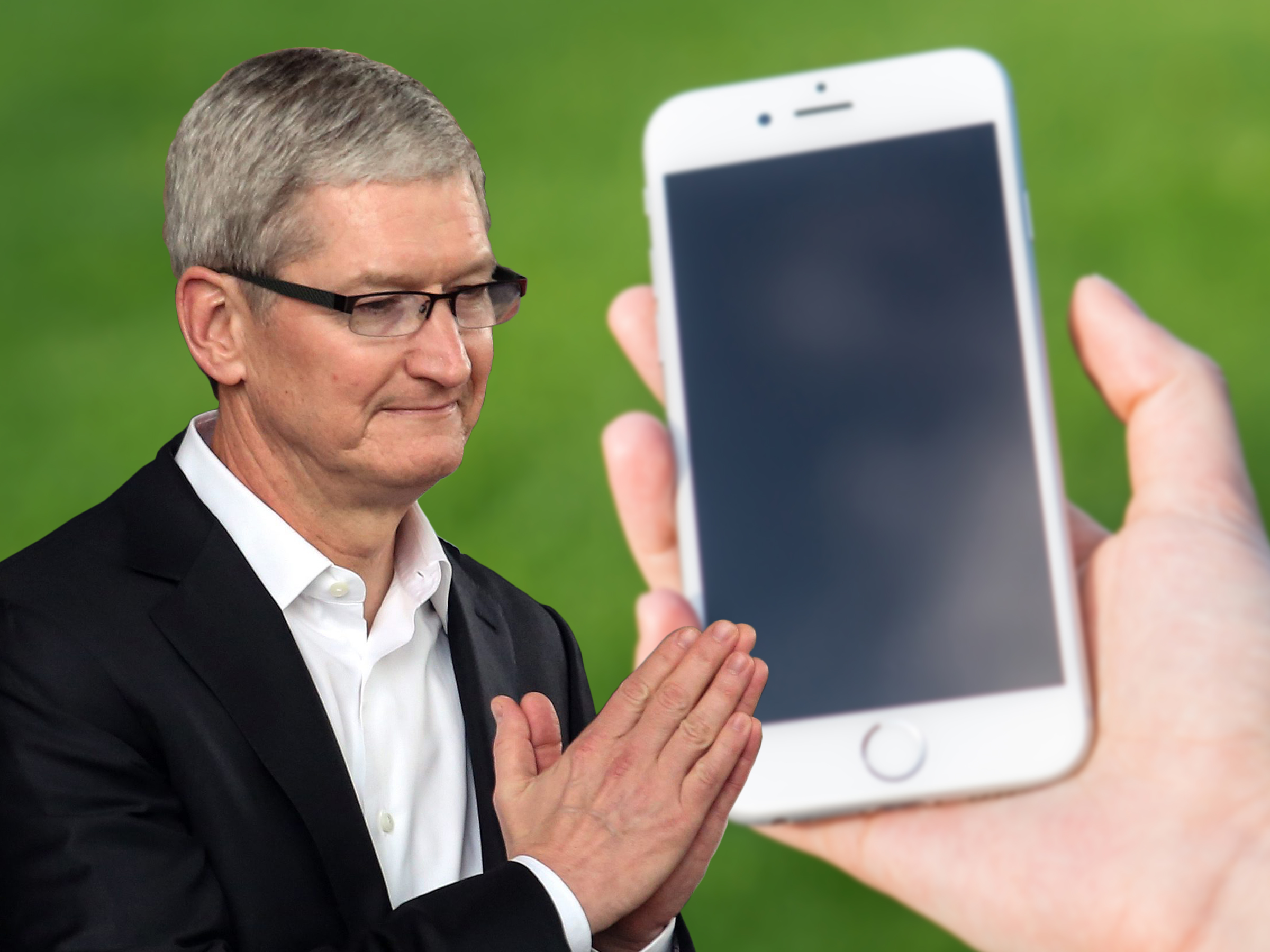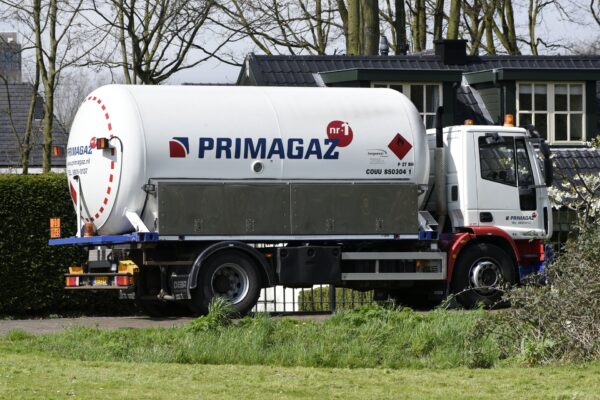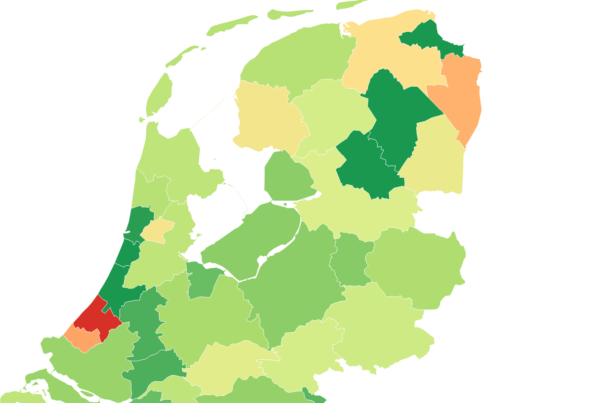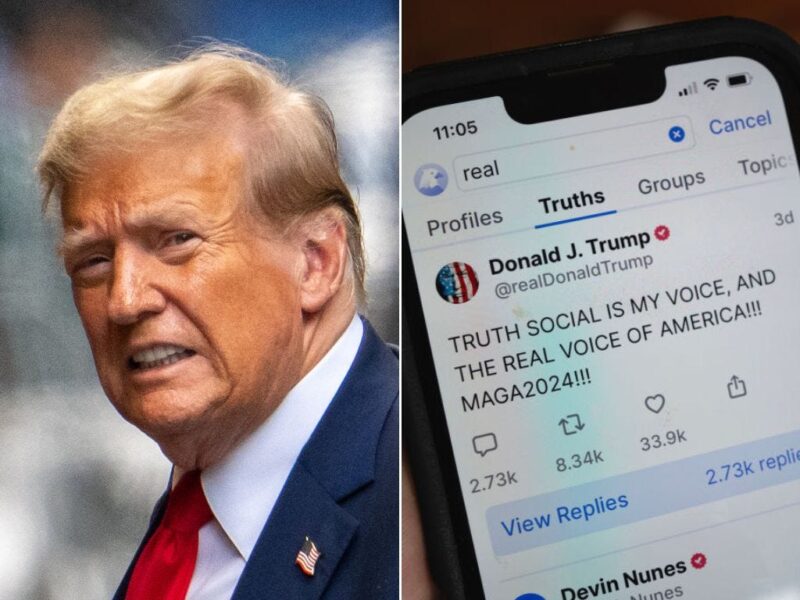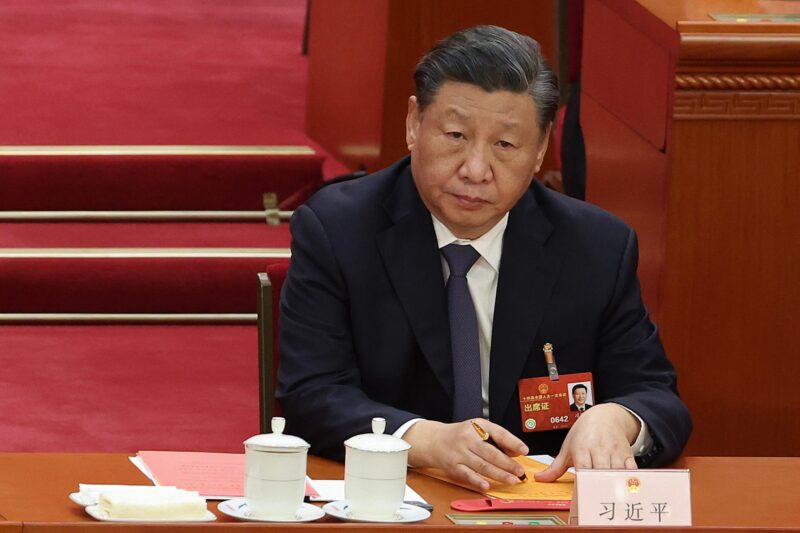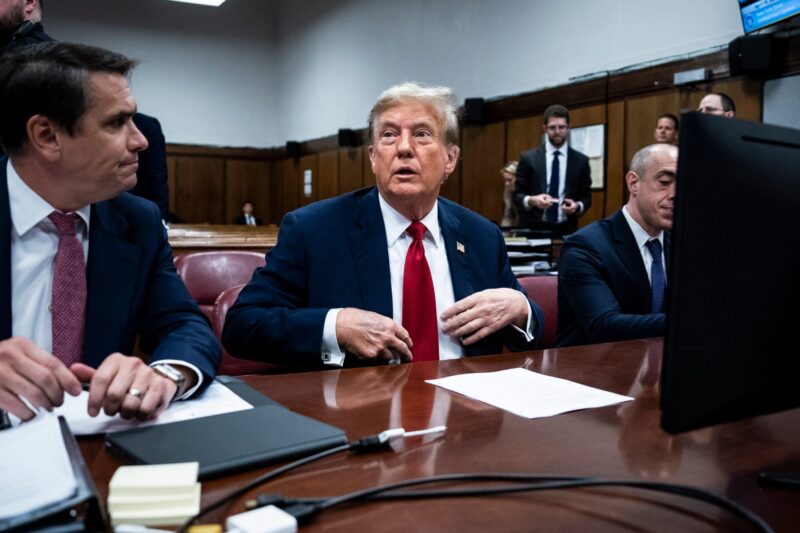- Huawei has surpassed Apple to become the world’s second largest smartphone maker.
- It’s the first time since 2010 that Apple has not been ranked number one or two.
- Huawei’s biggest challenge in the US and Australian markets remains its connections to the Chinese government.
Huawei has surpassed Apple to become the world’s second largest smartphone maker.
It’s the first time in eight years that the US tech giant has not been the number one or two smartphone company in terms of market share.
According to preliminary data from the International Data Corporation (IDC), Huawei delivered shipments of 54.2 million units to move into the second position with a record high market share of 15.8%.
Samsung maintained its lead, although IDC suggests indications from its recent earnings call could see mobile division revenues face challenges moving forward.
The Chinese smartphone maker’s continued growth is impressive, considering it’s largely locked out of the US market, and up until recently has been a somewhat unknown mobile brand.
Although that reign may be short-lived.
“It is worth noting that Apple moved into the top position each of the last two holiday quarters following its product refresh, so it’s likely we’ll see continued movement among the top ranked companies in 2018 and beyond,” said Ryan Reith, program vice president with IDC’s Worldwide Mobile Device Trackers.
That doesn’t mean, however, that the pressure on market leaders will fade. If anything, smaller players like Xiaomi are increasingly positioning themselves as competitors.
“For most markets, the ultra-high end ($700+) competition is largely some combination of Apple, Samsung, and Huawei, depending on the geography, and this is unlikely to change much in the short term,” Reith said.
“At the same time, Xiaomi, OPPO, and vivo are all slowly pushing their customer base upstream at a price tier slightly lower than the top three.
“This is an area they should all watch closely as the builds in this segment are getting increasingly more advanced.”
A major challenge facing Huawei is its connections to the Chinese government.
Intelligence officials in Australia and the US have repeatedly raised concerns about whether data stored on the company’s devices and networks might be accessed by government agents.
And both country’s defence departments don’t allow personnel to use the company’s phones.
Huawei is currently trying to convince the Australian government it can be trusted to build and manage the next major roll-out of the country’s wireless infrastructure.

